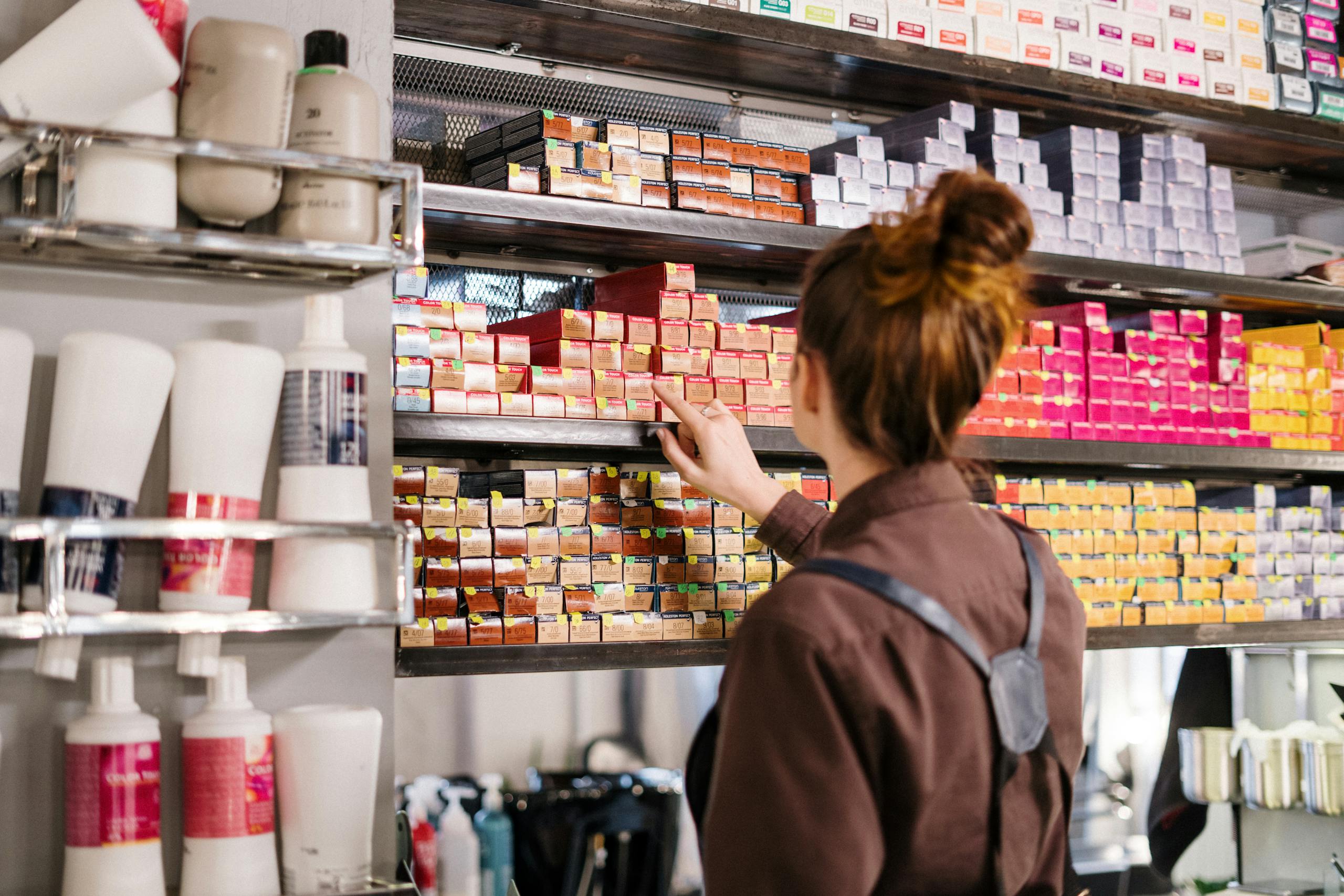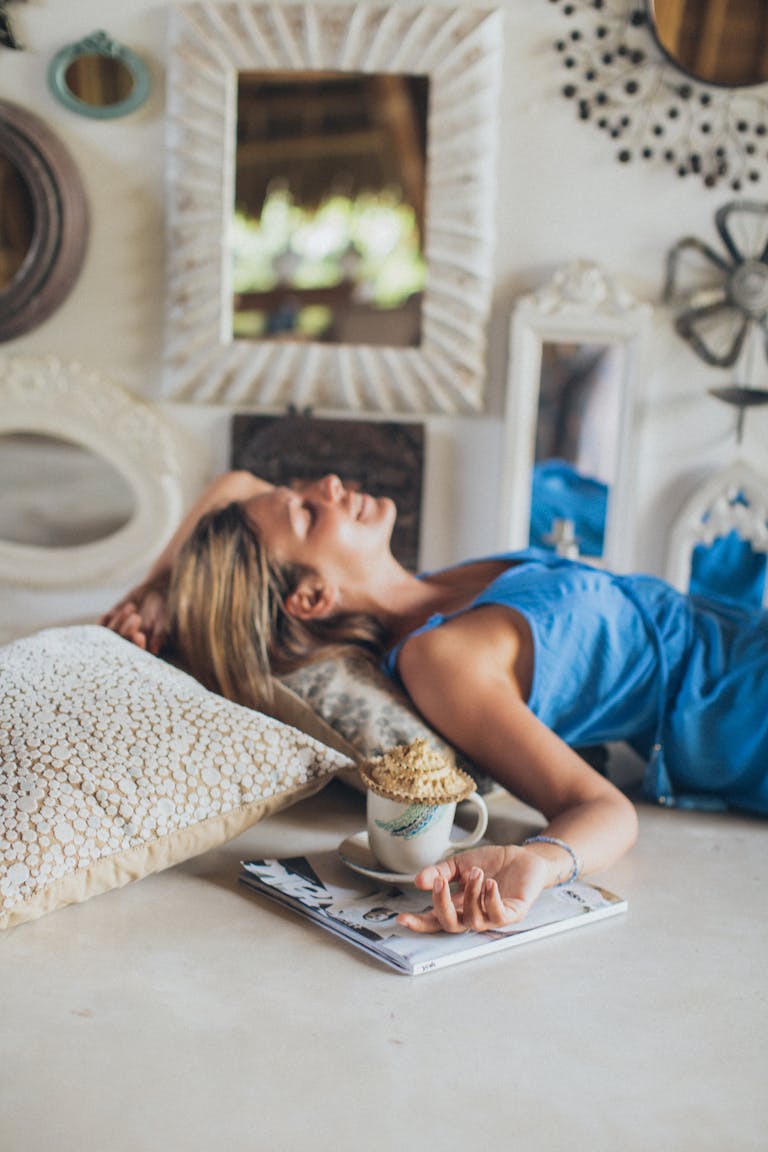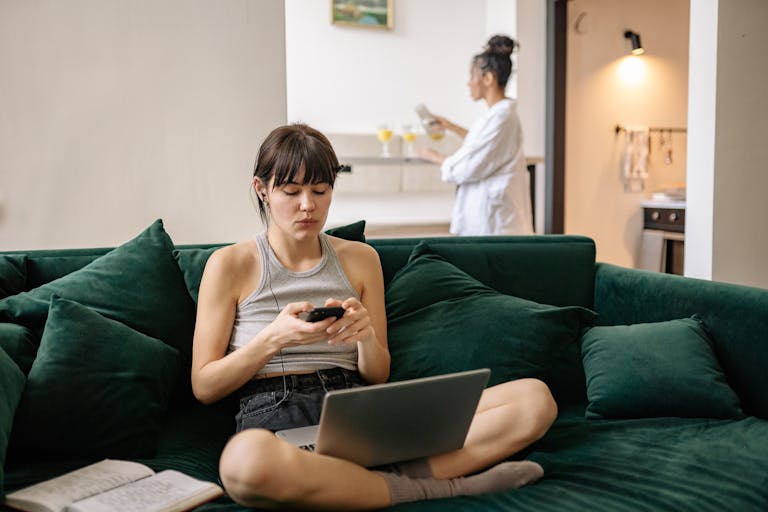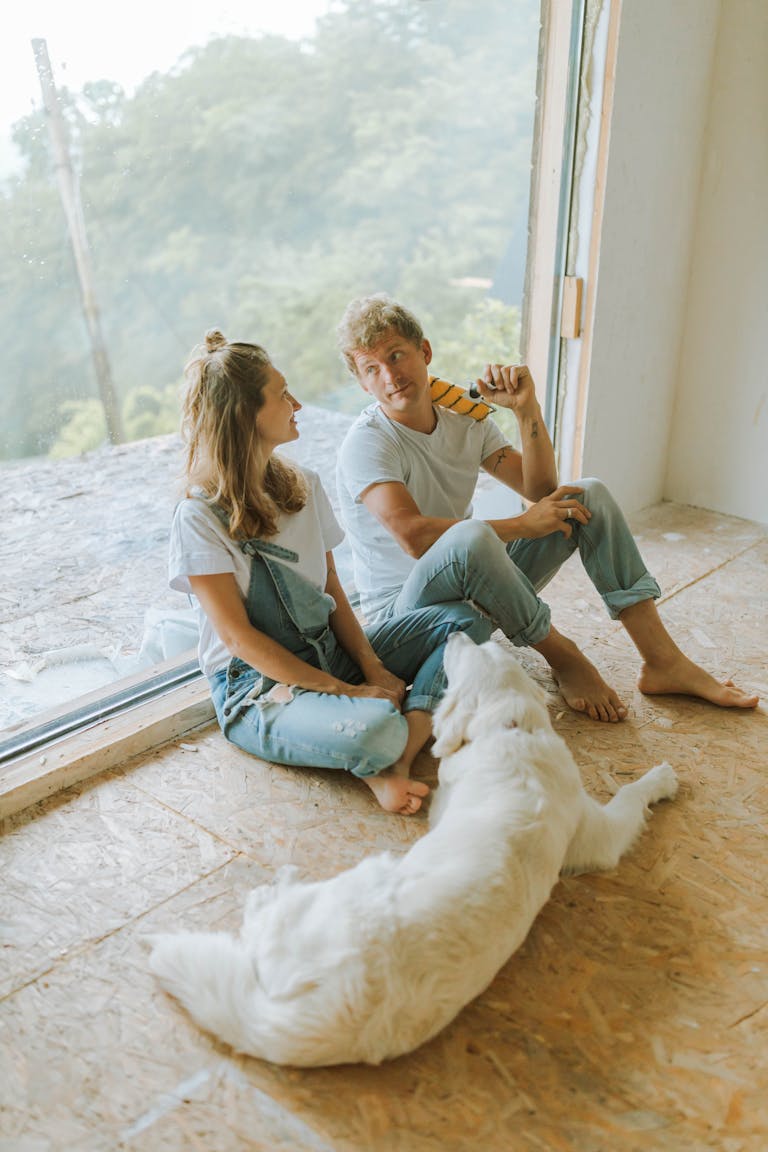How the Cost of ‘Looking Healthy’ Is Fuelling a Billion-Dollar Industry
We used to think being healthy meant drinking water, sleeping well, and getting some sun. Now? It’s adaptogens in the morning, a $300 LED face mask by noon, and a subscription to personalised supplements by night. Somewhere along the way, “looking” healthy became the goal and it’s made the wellness industry rich.
The Rise of Wellness Aesthetics
From curated morning routines to gym selfies and green juices, social media made wellness look like a lifestyle and a luxury. Consumers aren’t just buying vitamins; they’re buying identity, status, and a glow that screams I’ve got it together.
💡 Did you know?
The global wellness market is now valued at over $6.3 trillion, with beauty & anti-aging, healthy eating, and fitness topping the charts.
Source: Global Wellness Institute
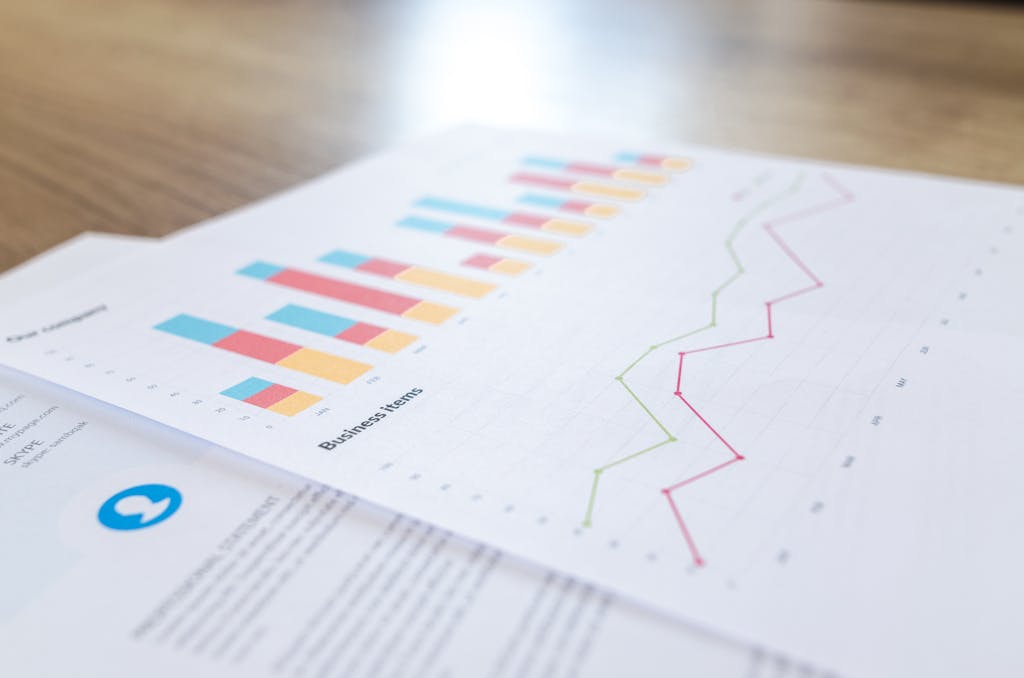
The Hidden Cost of “Wellness”
The problem? A lot of this “wellness” is performative. Most people can’t afford to spend hundreds on clean beauty or $12 on protein bars. And yet, that’s what’s being marketed as “basic self-care.” It’s no longer about feeling good, it’s about looking like you do.
🧠 Behind the Scenes:
- The pressure to consume: Influencers normalise $1,000 monthly wellness hauls.
- The illusion of accessibility: “Affordable” brands still sell $50 serums.
- The hidden markups: Many of these trendy wellness products are all hype and heavy packaging with little real benefit.
So, What’s the Alternative?
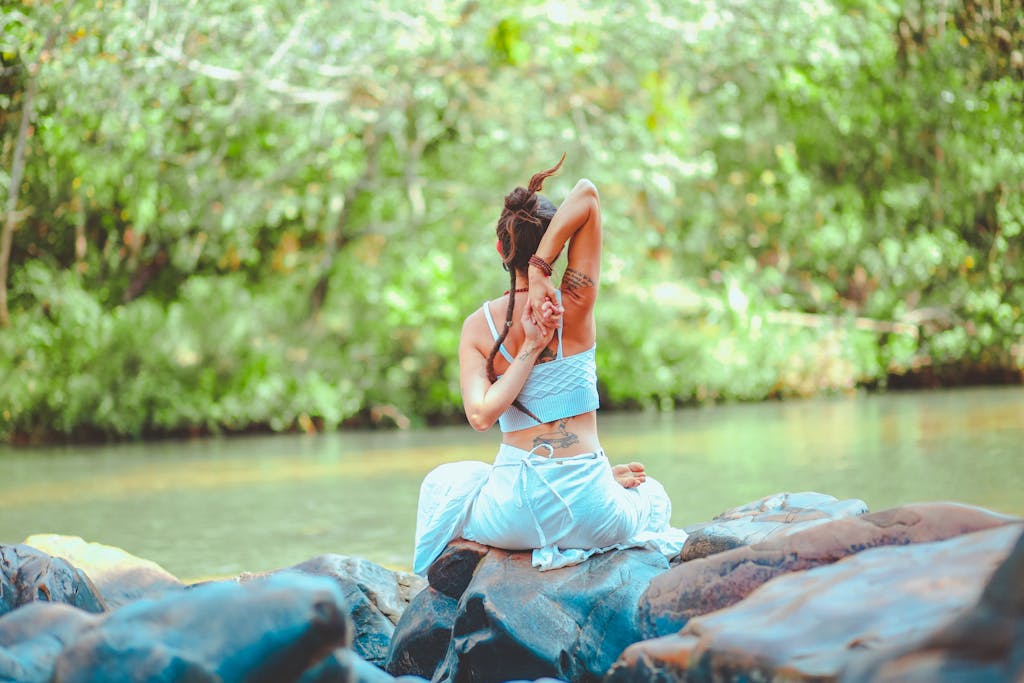
Here’s the good news: real wellness isn’t trendy, it’s timeless. It’s routine over rituals, simplicity over spending.
Conscious Alternatives:
- Prioritise science-backed basics (sleep, hydration, movement).
- Stick to brands that prioritise quality and honesty over flashy wellness trends.
- Skip the hype and read the ingredients (marketing ≠ truth).
For those looking to apply this mindset to their closets too, here’s something worth reading:
👉 10 Timeless Wardrobe Pieces That Will Never Go Out of Style
You don’t need a six-step skin routine or a fancy green drink to be healthy. The best kind of wellness doesn’t demand proof and it doesn’t come with a price tag.

